Research
Research
Synthetic biology is about designing and building new biological components (parts to cells), either by modifying existing components or by creating entirely new ones. By adopting an engineering approach, the aim is move from construction to function, in a predictable way.
The global synthetic biology market is experiencing rapid growth, with estimates suggesting it will expand from approximately $13.4 billion in 2022 to over $116 billion by 2032.
This growth is driven by advancements in DNA sequencing, gene editing, automation, and artificial intelligence, enabling the development of innovative applications in sectors like healthcare, agriculture, energy, and biomanufacturing.
Using the synthetic biology approach, here are some of the key applications that CSBB is driving:
- Health: personalised immunotherapy, engineered probiotics, lab-grown organoids
- Environment: Carbon sequestration, microbial bioreactors, upcycling waste materials
- Materials: Fragrances, food additives, fabric dyes, cosmetics
- Manufacturing: biopharma, fragrances, flavours, chemicals, enzymes
Scientists
Collaborations
Industry
- SciGenom, Kochi
- Alstonia Bio, Kochi
Academia
- NCAAH, CUSAT, Kochi
Advanced Instrumentation Facility
COMING SOON
![cvj1[1] cvj1[1]](https://cvjsynbio.org/wp-content/uploads/2024/08/cvj11-820x770.webp)
AI in Synthetic Biology
Key Projects
1.Health Applications of Synthetic Biology: Revolutionizing Medicine
At CSBB, we are developing (a) Personalized immunotherapy , such as CAR-T cell therapy, harnesses the body’s immune system by engineering a patient’s own cells to target and destroy cancer cells with unmatched specificity (b) Engineered probiotics enabled treatments for gut health, chronic diseases, and even mental health. and (c) the lab-grown organoids and bioprinting have paved the way for personalized drug testing, regenerative medicine, and future organ replacements, eliminating the need for donors and reducing rejection risks.
These cutting-edge applications exemplify how synthetic biology is poised to revolutionize medicine, offering highly targeted, efficient, and customizable healthcare solutions.
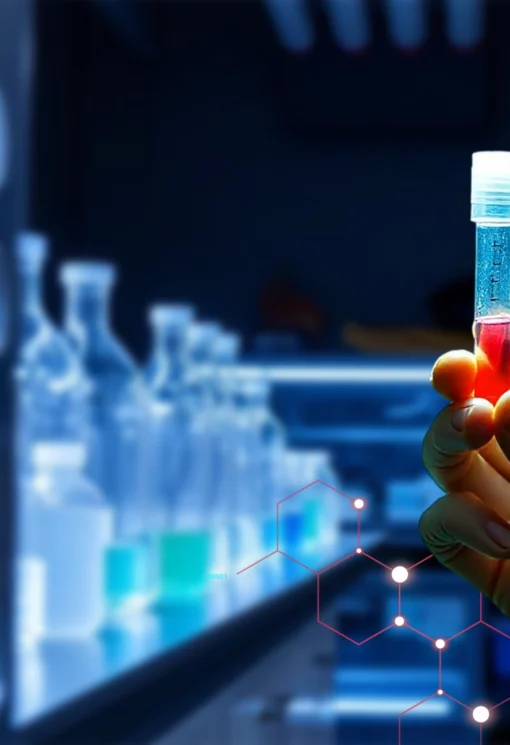
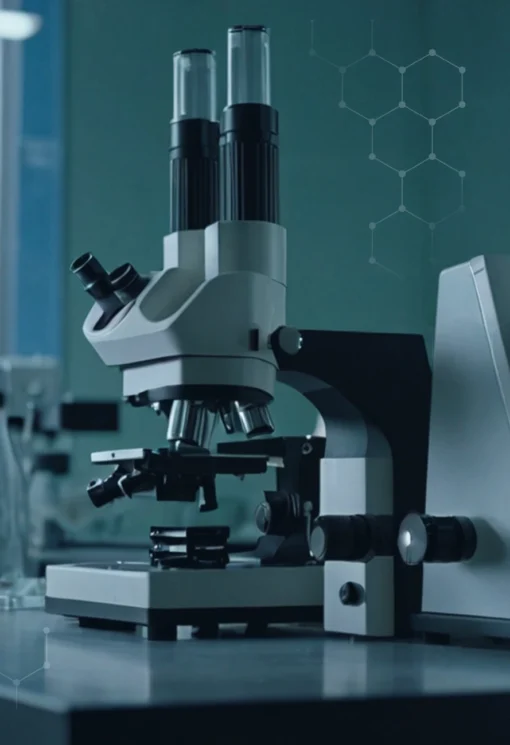
2. Sustainable innovations : environmental applications of synthetic biology
Our research is focused on:
3. Building the Future: Synthetic Biology for Sustainable Biomaterials
By harnessing engineered organisms, we can now create high-value materials such as fragrances, food additives, fabric dyes, and cosmetics through biological processes rather than traditional chemical synthesis or resource-intensive extraction. These bio-based alternatives not only reduce environmental impact but also enable precise, scalable production of complex materials that were once difficult or costly to obtain. From crafting eco-friendly dyes for textiles to producing natural flavors and fragrances for everyday products, synthetic biology is transforming the biomaterials landscape, offering a greener and more efficient approach to manufacturing. At our center, we are at the forefront of this movement, driving cutting-edge research and applications that redefine sustainable production.
The global biomaterials market was valued at approximately $120 billion in 2022 and is projected to reach over $295 billion by 2032, growing at a compound annual growth rate (CAGR) of around 10%. This growth is fueled by the increasing demand for sustainable alternatives in various industries such as textiles, food, and cosmetics.
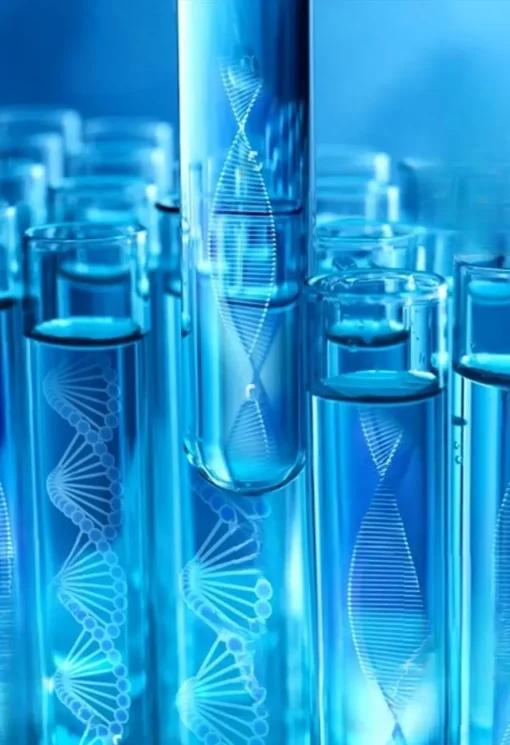

4. The Future of Biomanufacturing
Synthetic biology is not only shaping the future of biomanufacturing but also creating new market opportunities across a wide range of sectors, from materials to medicine. As the demand for environmentally friendly and scalable production solutions grows, synthetic biology is emerging as the key enabler of sustainable innovation.
Synthetic biology is ushering in a new era of biomanufacturing , enabling the production of high-value materials, chemicals, and biofuels through sustainable, bio-based processes. By leveraging engineered microbes and cells, synthetic biology transforms industries traditionally dependent on resource-intensive and environmentally damaging methods. The biomanufacturing sector is rapidly expanding, addressing diverse applications in pharmaceuticals, textiles, food production, cosmetics, and renewable energy.
Enabling Technologies of Synthetic Biology
Key Projects
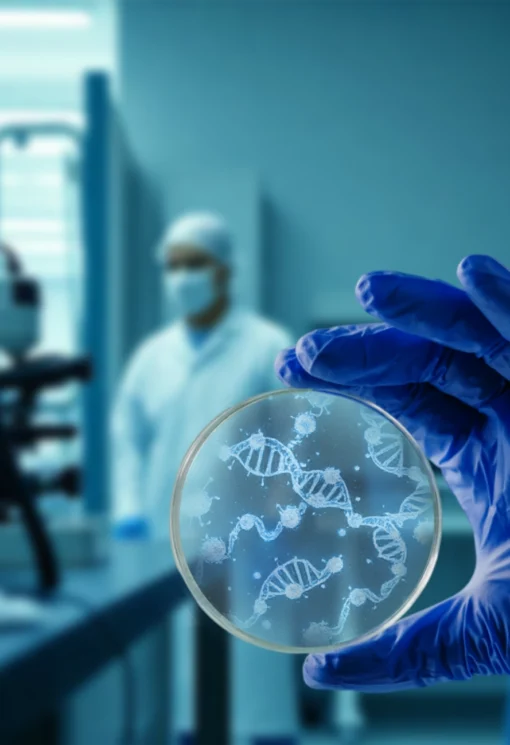
AI in Synthetic Biology
Biomanufacturing in the Biorevolution
Engineered Biology for the Future
Reg No: EKM/TC/667/2023 | Registered under The Travancore-Cochin Literary Scientific and Charitable Societies Registration Act 1955
